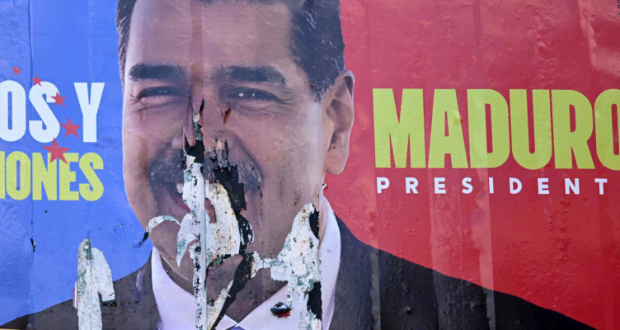Beyond the country’s borders, the international reaction to President Nicolas Maduro’s questionable re-election has serious implications for regional and international norms and institutions. Venezuela’s stolen elections could affect the domestic politics of Brazil, Colombia and the United States, in ways that favour the interests and ambitions of Russia and China.
Violation of international commitments
Venezuela’s presidential election of 28 July was the result of an international agreement announced on 17 October 2023 that saw Maduro’s government commit to holding a free and fair contest in 2024. In response, the next day the US loosened economic sanctions.
In the 10 months that followed, the conditions for a free and fair election quickly went off the rails. Venezuela’s pro-government Supreme Court disqualified the leading opposition candidate, Maria Corina Machado, and the government arrested more than 70 members of her team, detaining over 100 more. In addition, the government and its security forces – including pro-government militia – harassed opposition rallies and the opposition’s access to national media was blocked.




